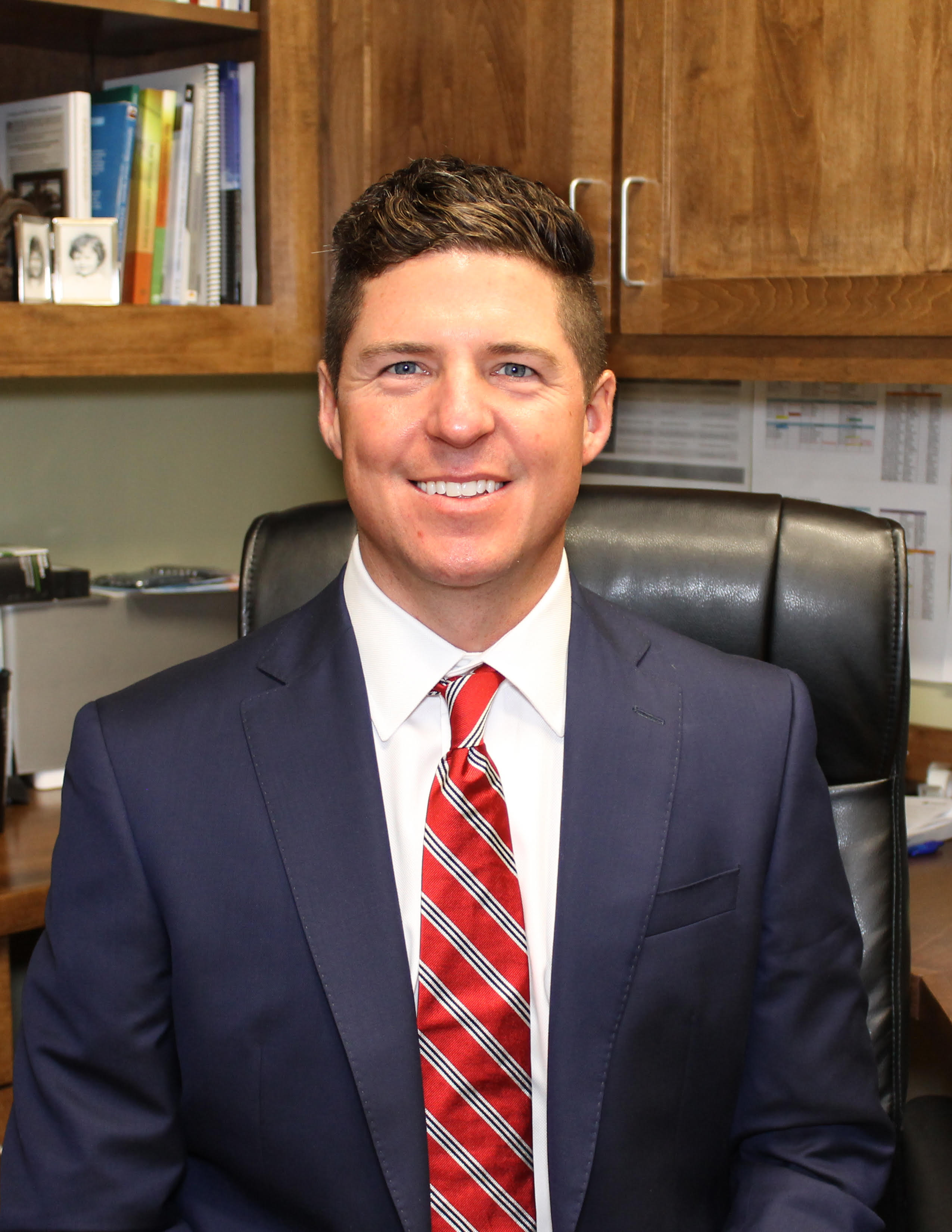 Dr. William Gannon
Dr. William Gannon
Class of 2017
When I think of my time as a resident, one word comes to mind – community. In general, ophthalmology residencies are typically smaller when compared to most other programs. UAB is on the larger side, taking five residents a year. So, you really do need to depend on your co-residents to learn, grow, and care for patients well. I had the best co-residents. We created a team environment among ourselves, and I truly believe that helped us thrive and succeed, not only in residency but in our current careers.
The community aspect of the program spread further than our resident group. Many people within the program made incredible impacts on my career. Dr. Jeff Crain and Dr. Andy Everett were instrumental in my surgical training at the Veterans Affairs (VA) Hospital. The patience and surgical expertise they showed me were unforgettable. They both had a gift for allowing me leeway and giving appropriate oversight. Dr. Russell Read was critical in my training and continues to be a consistent and faithful resource. Also, Dr. Jason Swanner was very helpful in giving me freedom in the operating room (OR). Without him enabling me to feel the pressure of being in the OR, my transition into my career would likely have been more challenging.
I learned so many things while I was a resident, and when I think of the most valuable thing I have been able to apply to my career would have to be the surgical skills I was able to learn. Most anyone can see patients and care for them in the office. Not everyone can operate with proficiency. UAB Ophthalmology trains surgeons extremely well. I was able to work with a diverse set of surgeons who taught me different skills to use in different situations. That has been invaluable and has made me extremely confident operating in the private practice world.
In addition to those skills, the residency program prepared me for taking care of any and every eye emergency. UAB is one of the few ophthalmology programs in the country that has a dedicated 24/7 eye emergency room (ER). As a result, we were able to staff the ER overnight, hence why we take “in-house” calls, and that was invaluable as it encouraged me to think for myself and make decisions in emergency situations. It also created a healthy stress, specifically in terms of triage, that prepared me for opening and sustaining my own practice.
I think it also important to note that, while we are completely immersed in learning as much as we can and doing so in high-stress situations at times, the program is not about “punishing” residents and making them work long hours just for the sake of doing so. It is very much of a “do your job well and call it a day” mentality, and I believe that creates internal motivation that residents take with them for the rest of their lives. It creates a culture that makes the ophthalmology program stand out. Don’t get me wrong, it is a lot of work, and there are long days, but it is all done to expand our education and prepare residents for what is to come.
Ophthalmology is a great field, and I’d argue the absolute best field of medicine in which to work. UAB Ophthalmology made that true for me. It allowed me to accomplish my goals of graduating residency prepared to immediately enter private practice and care for patients in our state. After I graduated, I moved back to my hometown of Dothan, Alabama, and joined a high-volume surgical practice. It has been great to be back in my hometown and serve the population of people I grew up knowing. At the same time, ophthalmology is not my life. I have a beautiful wife and three young children (ages 4, 6, and 8), and, circling back to the word community, we have found a significant community through our church that points us to the deeper meaning of life.
I am thankful to UAB Ophthalmology for allowing me to pursue and achieve my goal of becoming an ophthalmologist while also having a family and thriving in a great community.